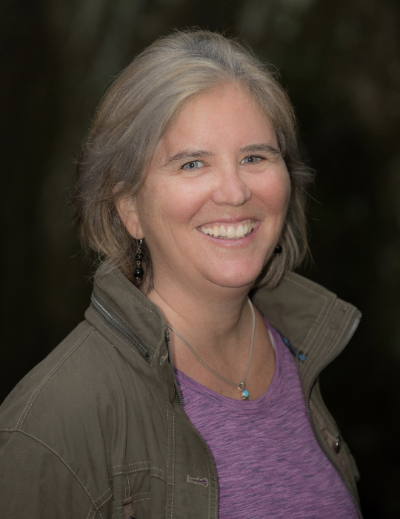
As human beings, we are born naturally resilient. But our habitual ways of living and the patterns of our lives can get in the way of truly living. It isn’t until we are called to face real challenge that we are called to a deeper purpose and have a chance to grow our innate resilience by developing a different response.
I know these challenges. When I was 10 years old, a trust fall gone bad resulted in a traumatic ride in a stretcher and the fear that I would never walk again. And when I was a young mother of two, a fall on the ice led to brain surgery to patch an unidentifiable bleed, forcing me to wonder if I would be terminally disabled. Would I become ill? Would I die? Through these challenges, I was called to trust, lay down, rest, rely on strangers, lean into medical support, and face my greatest fears.
In short, I was called to be vulnerable.
Vulnerability comes from trusting in our deepest convictions, values and feelings. But somehow, most of us have at one time or another slowly lost our ability to experience emotions to their fullest and to share them with others. When we avoid these uncomfortable feelings, they get stuck in the layers of our fascia and remain unresolved. Most of us unknowingly protect ourselves from the next heartbreak, trauma or disappointment in favor of comfort or not feeling. The outcome of avoidance unfortunately means we are then left bereft of true emotions and become numb. Checking out from our hunger to connect more deeply and intimately becomes a habit, an adaptation to protect us from pain.
Think about how many times someone has asked how you are doing, and you smile and say the words, “I am okay,” while at the same time feeling a deep hollow pit in your stomach. This behavior has been modeled for us as a cultural norm.
Our lives are inundated with pictures of other peoples’ lives that seem to confirm that others are happy, and this makes us want what they have: the perfect partner, the perfect job, and the next new thing that people say changes their life.
It isn’t our fault. Our lives are somewhat prescribed by our family of origin, the cultures we live in, and the institutionalization of our educational systems, hospitals, places of worship, and even our clubs.
We desire to belong and we have not been parented to cultivate the unique qualities that make us who we are. Our parents’ fear of who we “might not become” becomes an unconscious story that we live in the background of our lives. We end up lonely, living a fear-based life. We don’t speak up when we know something is wrong for fear of being judged or losing our secure positions.
Achievement is valued in our society and curated through our educational system. We set goals to complete this education, to become a role or a job that we think might be a good fit. And we learn that to be strong and brave we must push away our feelings and lose faith in our natural talents.
The problem is not necessarily our parents or our schools. The influence that prioritizes belonging over self-actualization is a culture that devalues the heart as an amazing source of wisdom, truth, and vital support to our inborn traits and spiritual gifts.
Somehow this all changes when we are faced with a loved one who is sick, faces a major medical condition, or dies. We summon all we have learned and call upon our faith and look for light, wisdom, hope and connection to others who have an inkling of what it is like to be in this kind of pain. Our need to experience attuned connection somehow shows up when we are raw and feel wrung out – suddenly we can no longer hold up the barriers we have built up for so long. Without these barriers, we are forced to face our fear; we are forced to ask for help in a vulnerable state. Through this transformation, our deepest fear becomes the gift of someone answering our call for help – the doctor, the nurse, the neighbor, or the friend who picks up the phone and says yes, I hear you and yes, I can help you.
We desire community that accepts the greatest gifts we have to give and supports us when we are challenged, feel alone or in pain. When you know how to care for yourself and deepen your relationship to your mind, body and spirit, it is the wellspring of resilience.


My work as a Somatic Therapist and Resiliency Coach draws on 30 years of eastern and western traditions. I will facilitate an experience that focuses on your needs: Nourishes your authentic desires; Expands your creativity; Sustains your life in a place of balance. All my offerings evoke alignment, embody mindfulness, ignite self-leadership and growth. Prepare to gain greater insight, awareness, acceptance and honor comfortable change.
www.TheRestoringResiliencyClub.com

